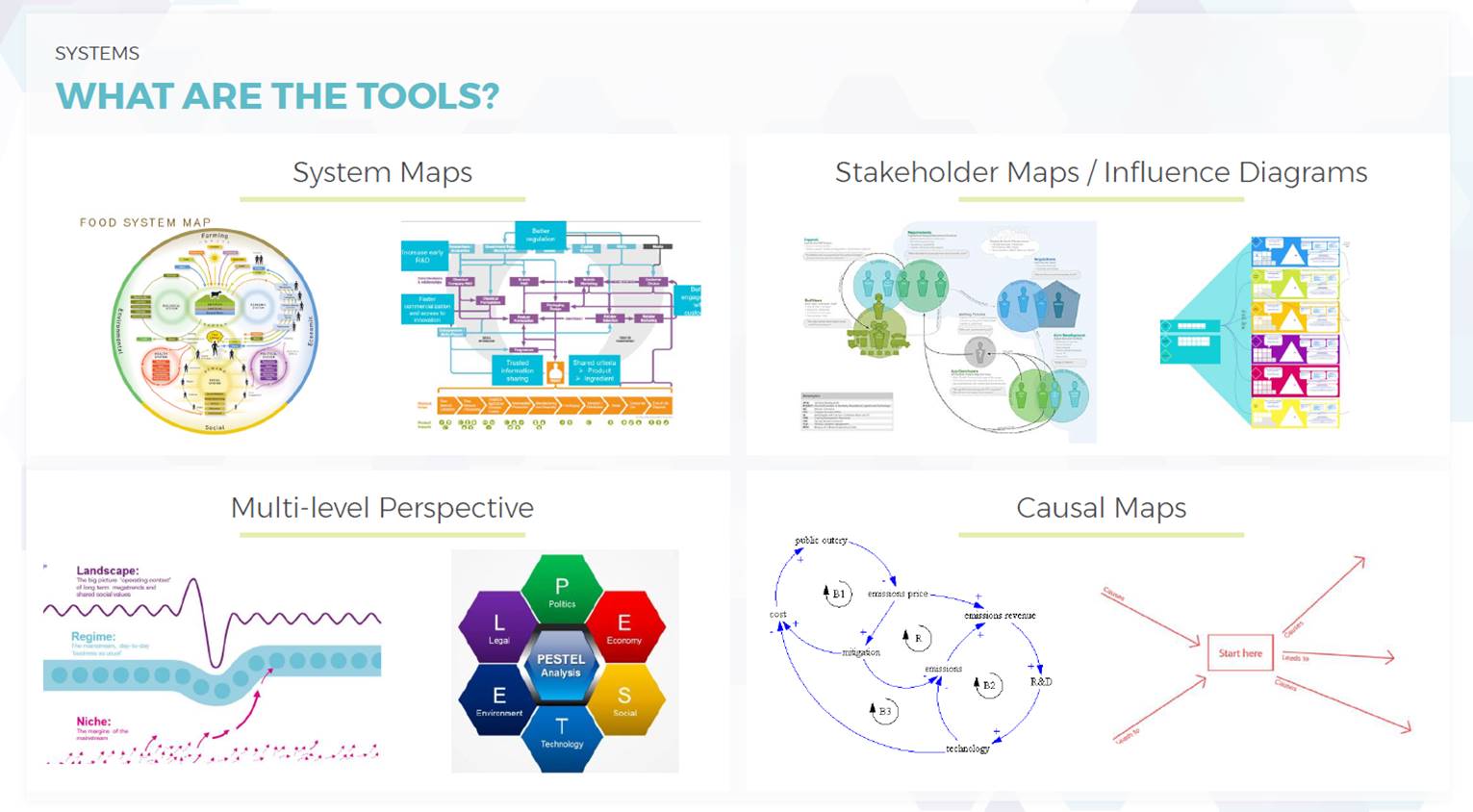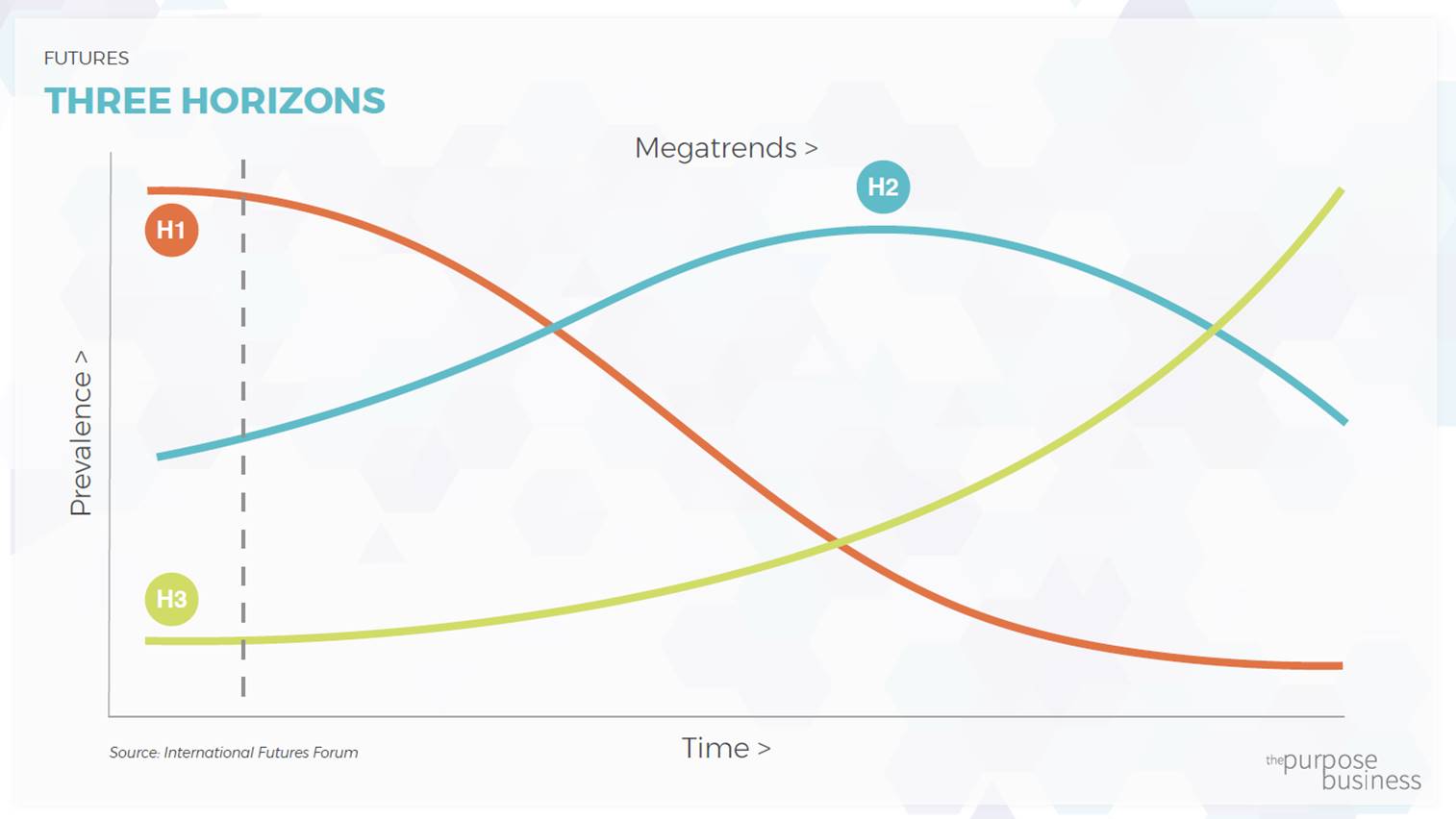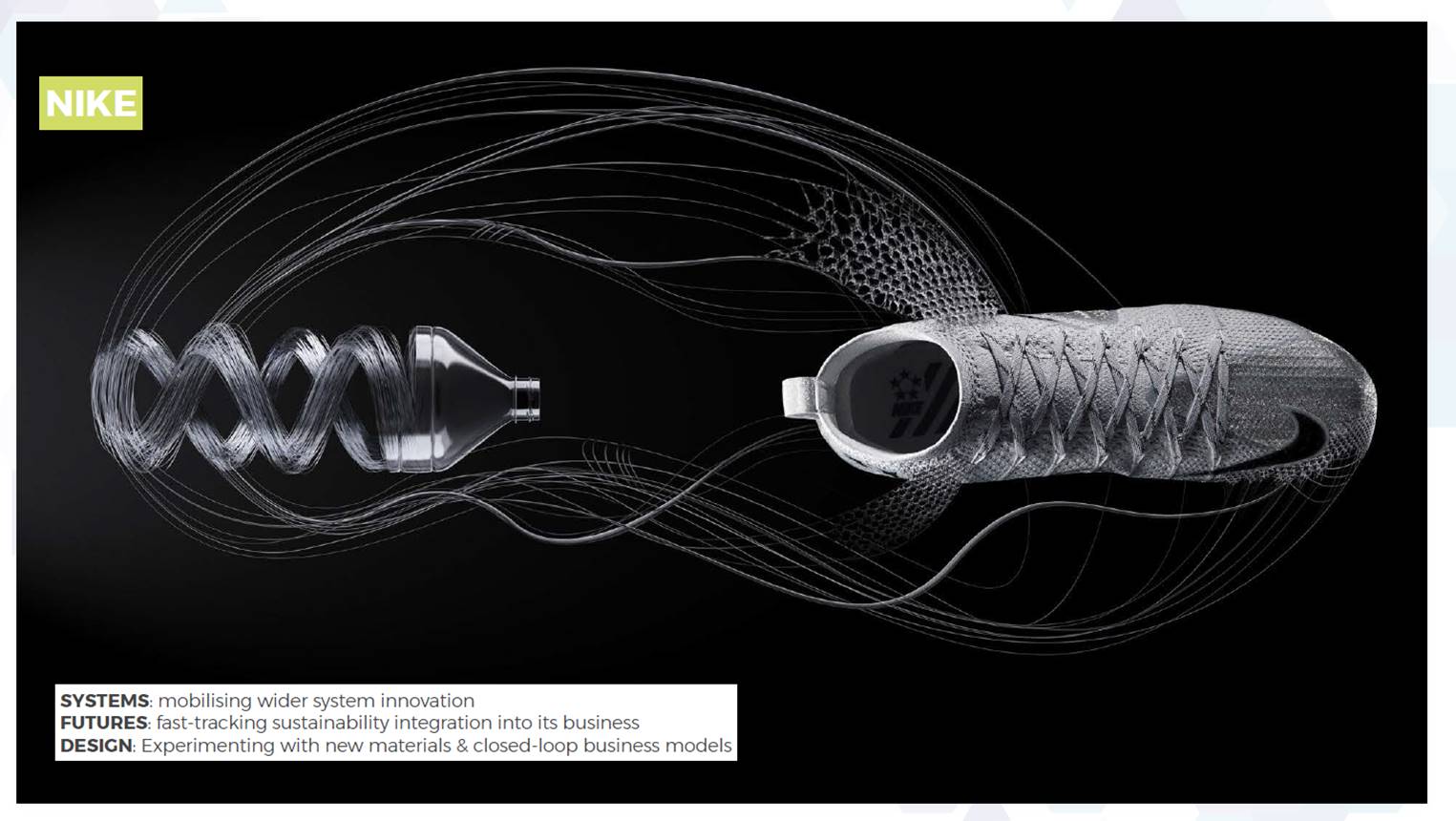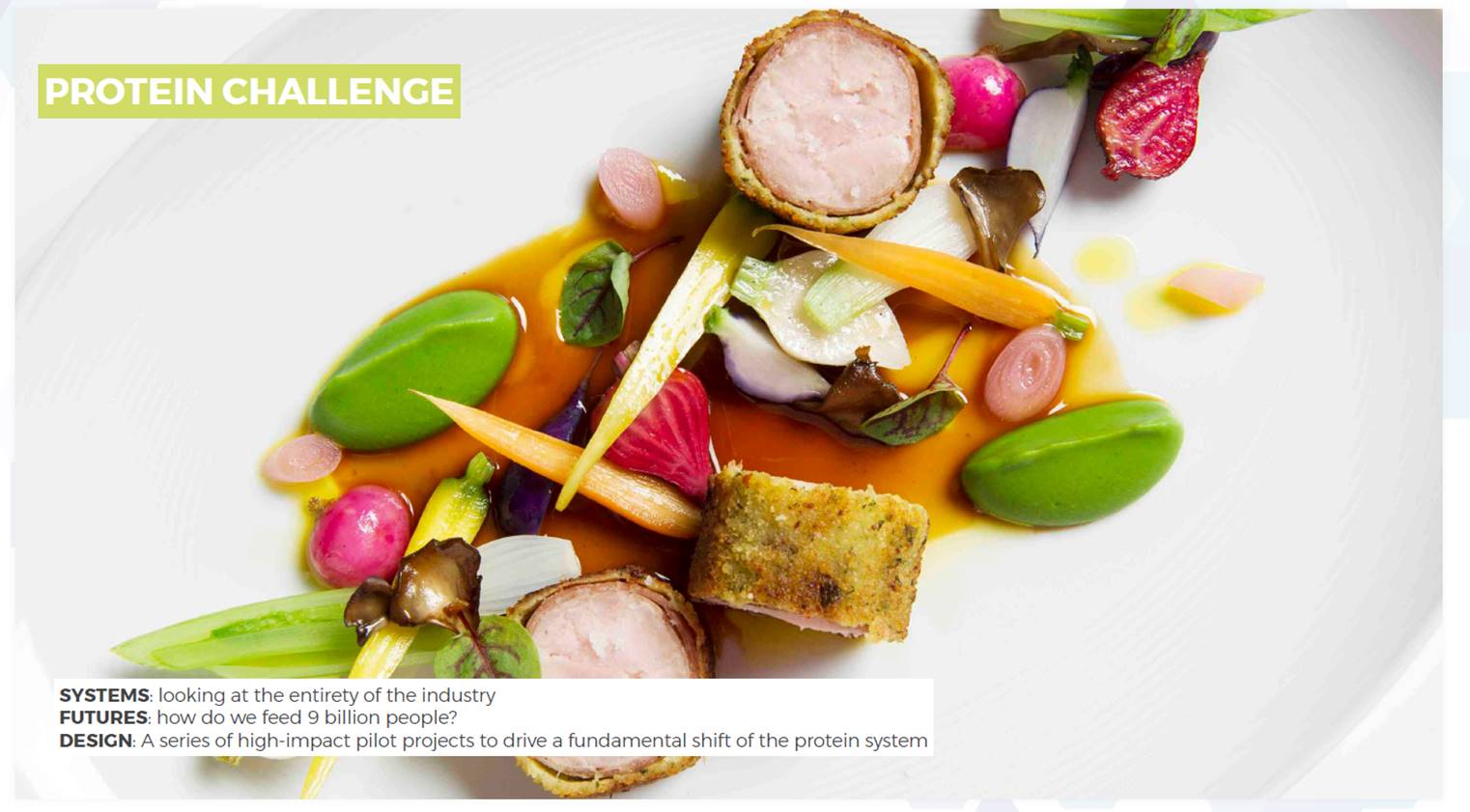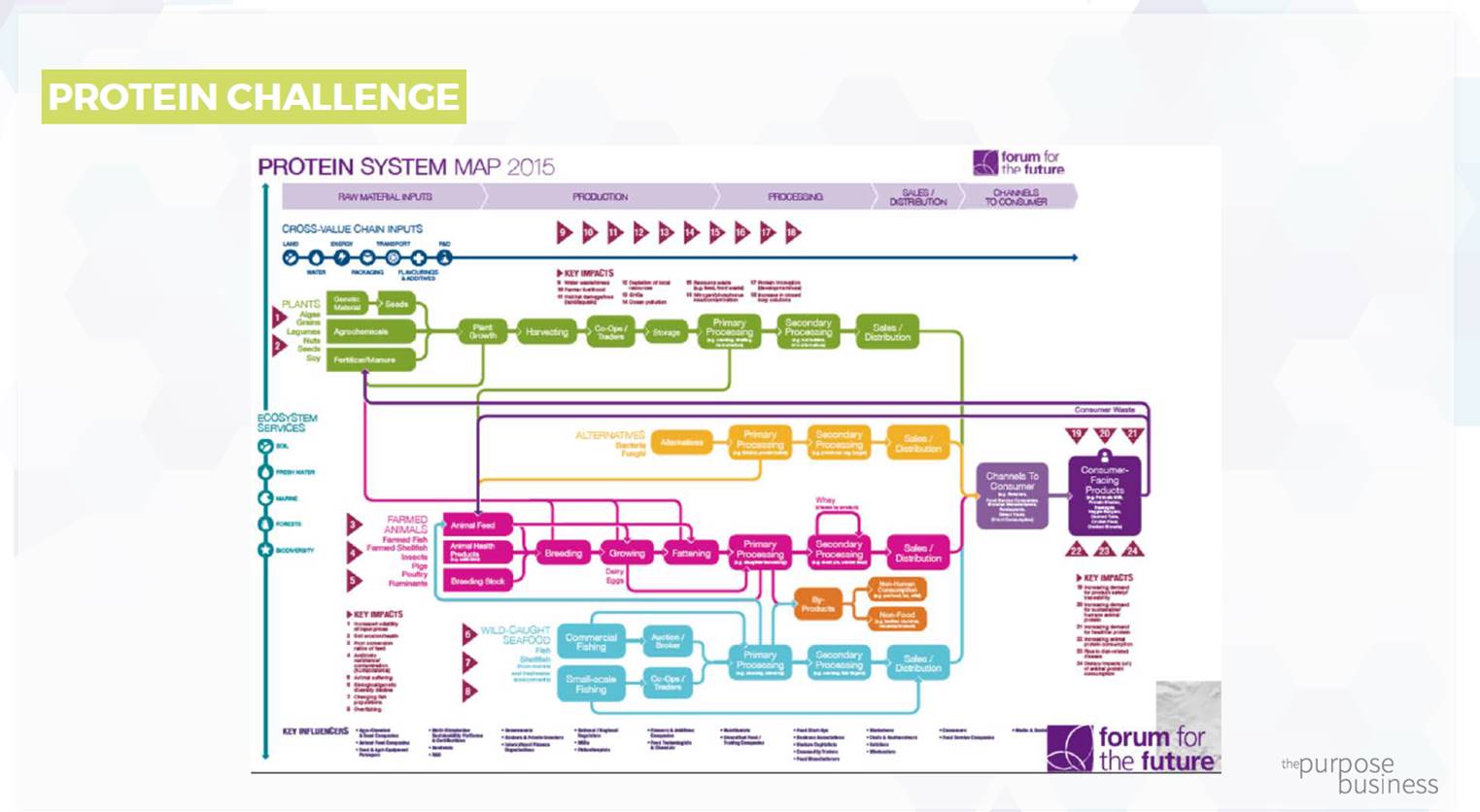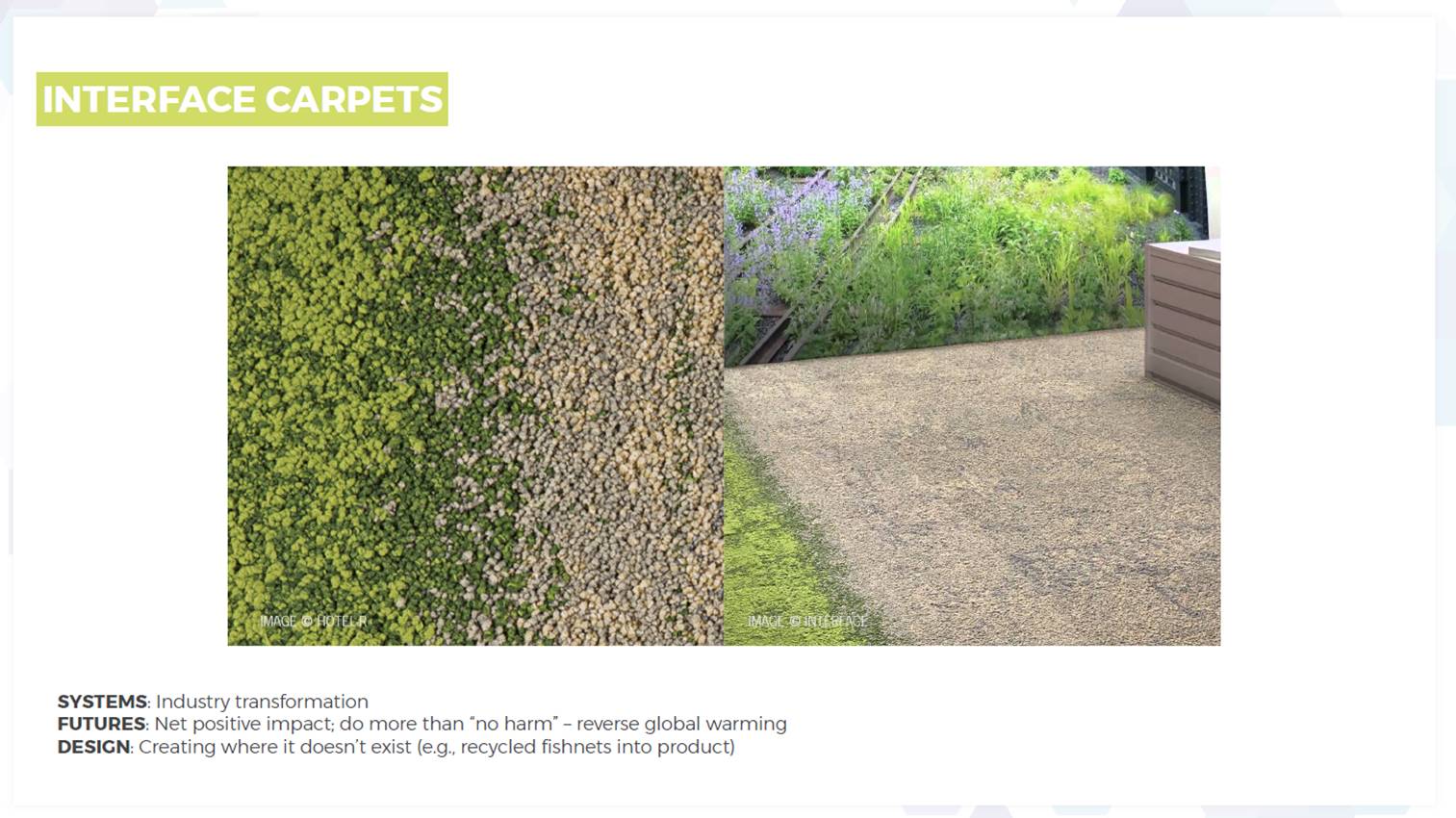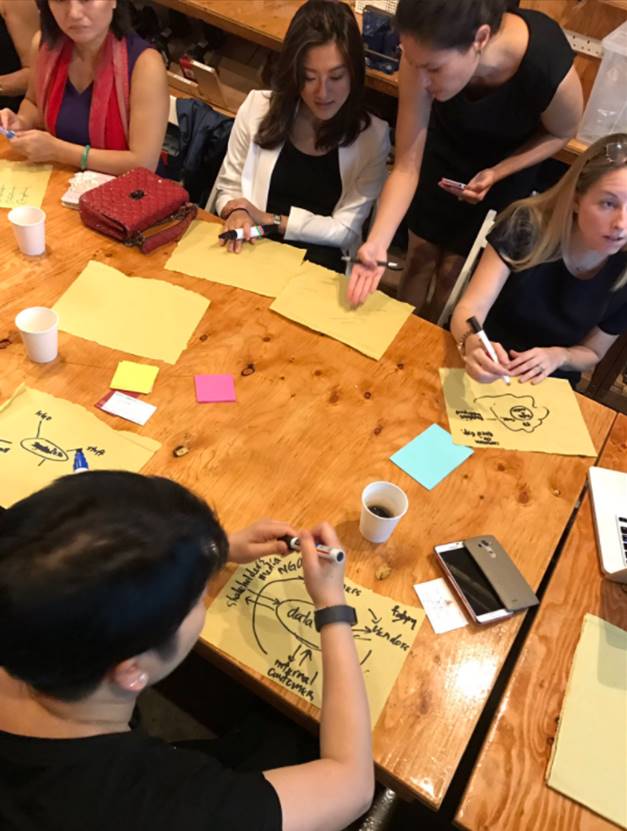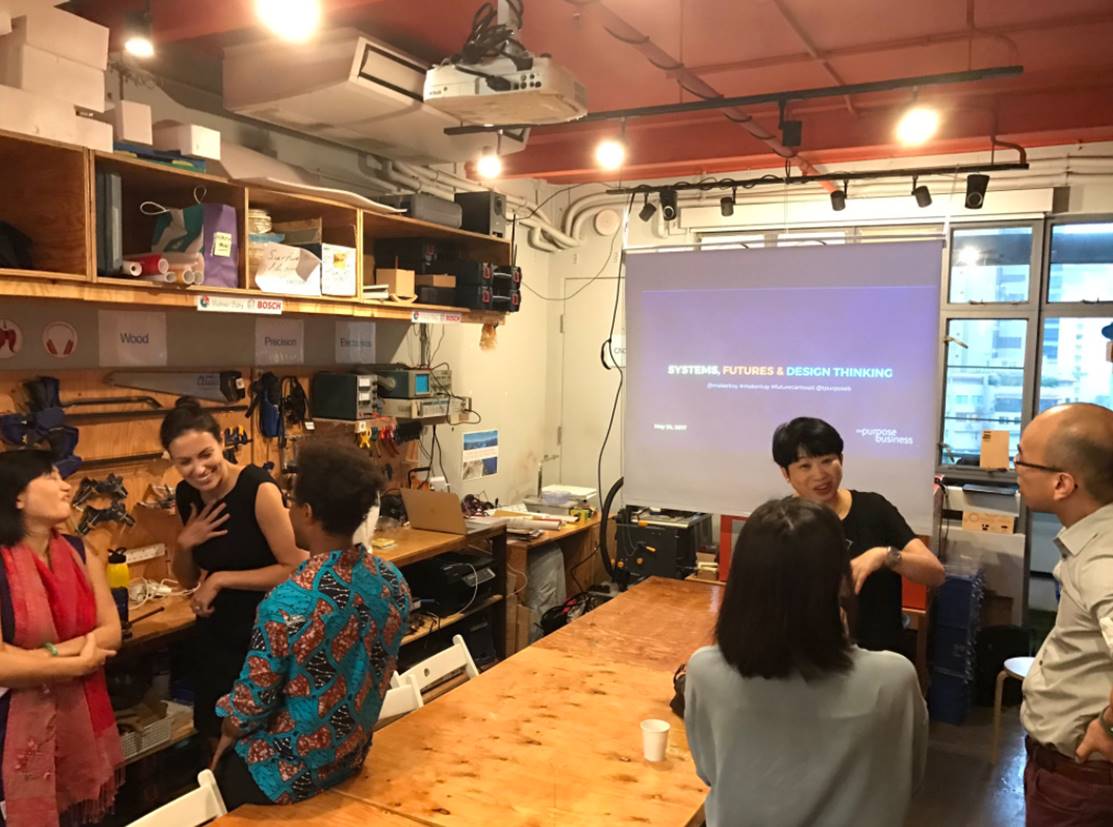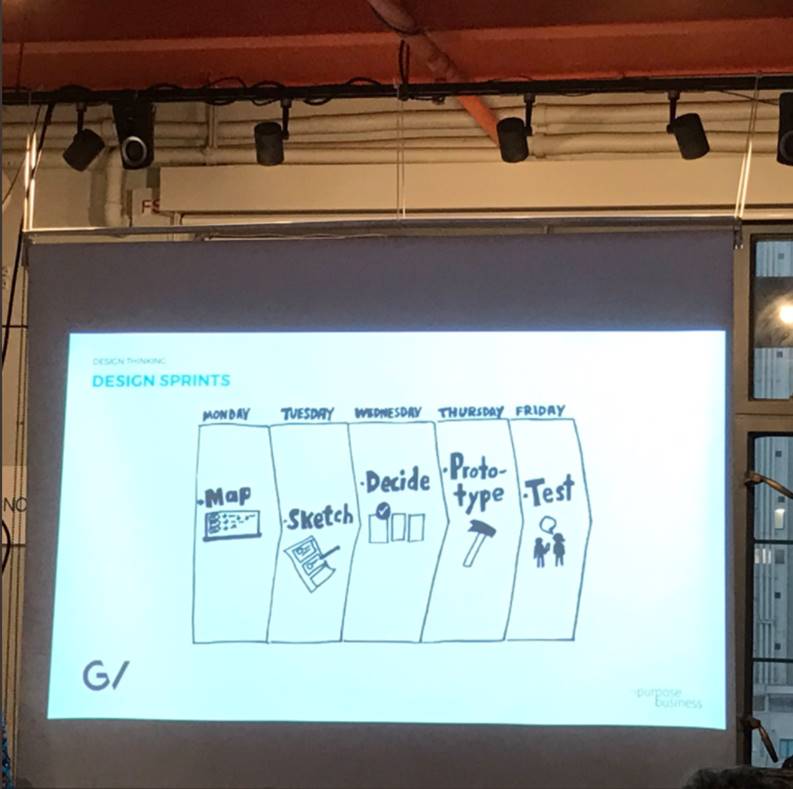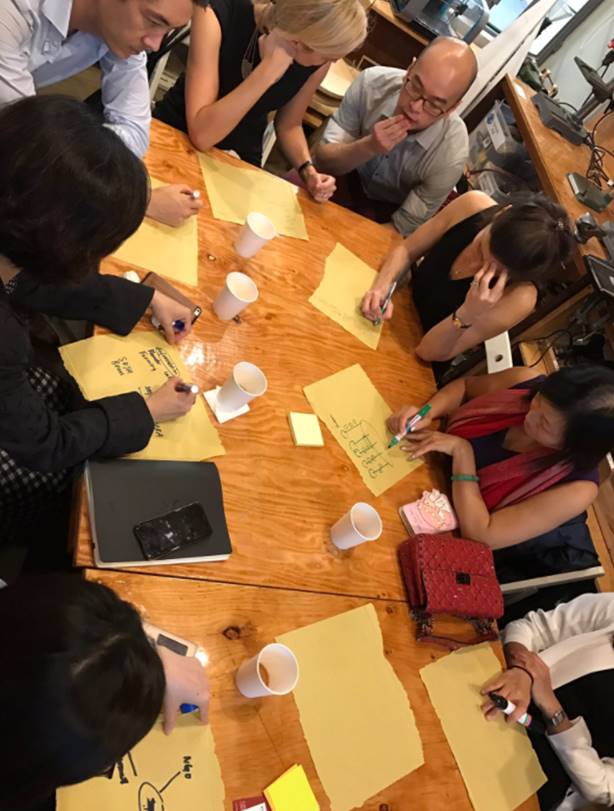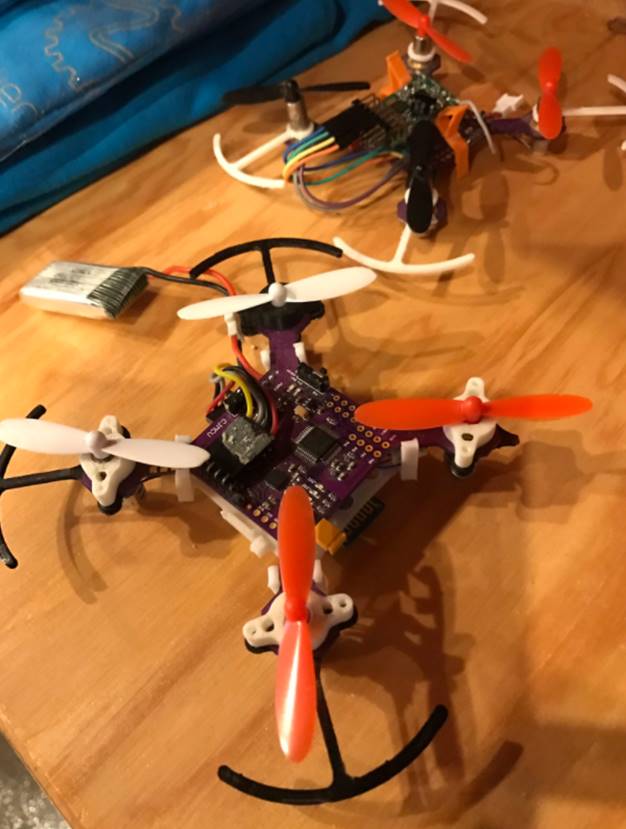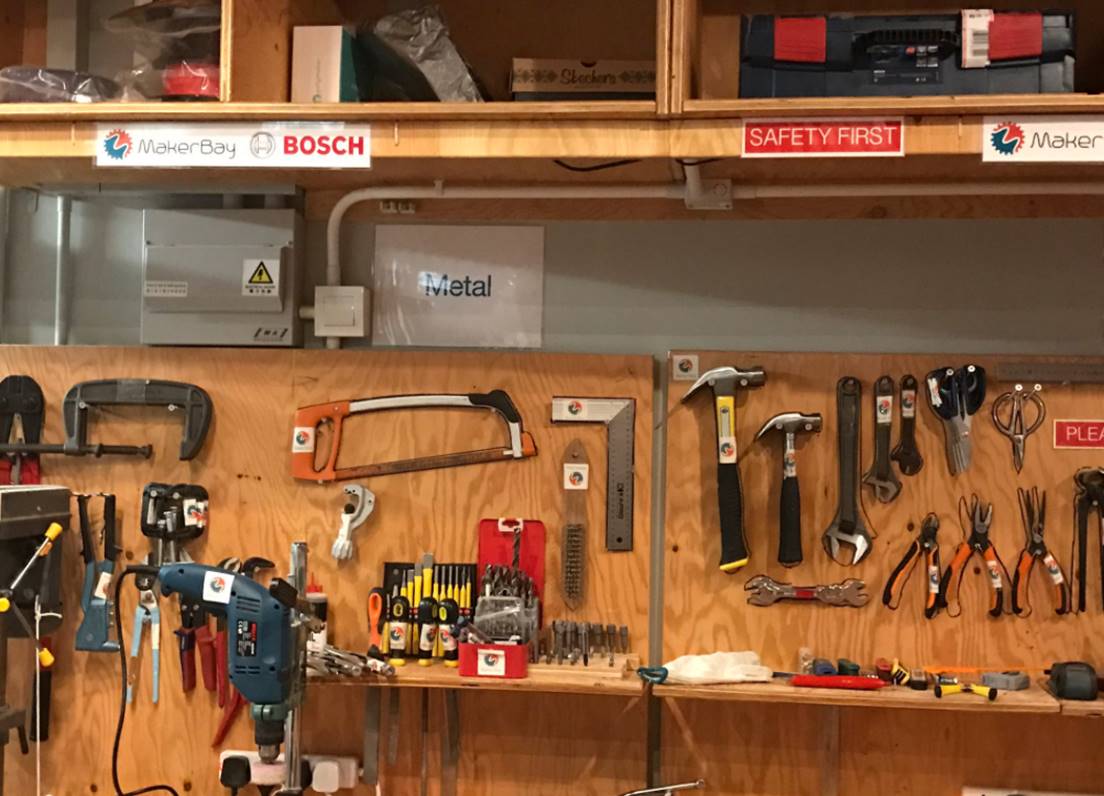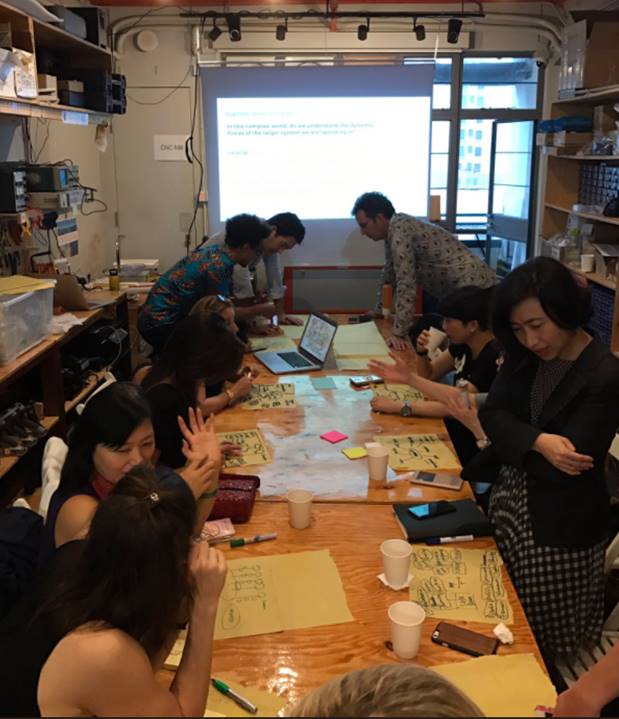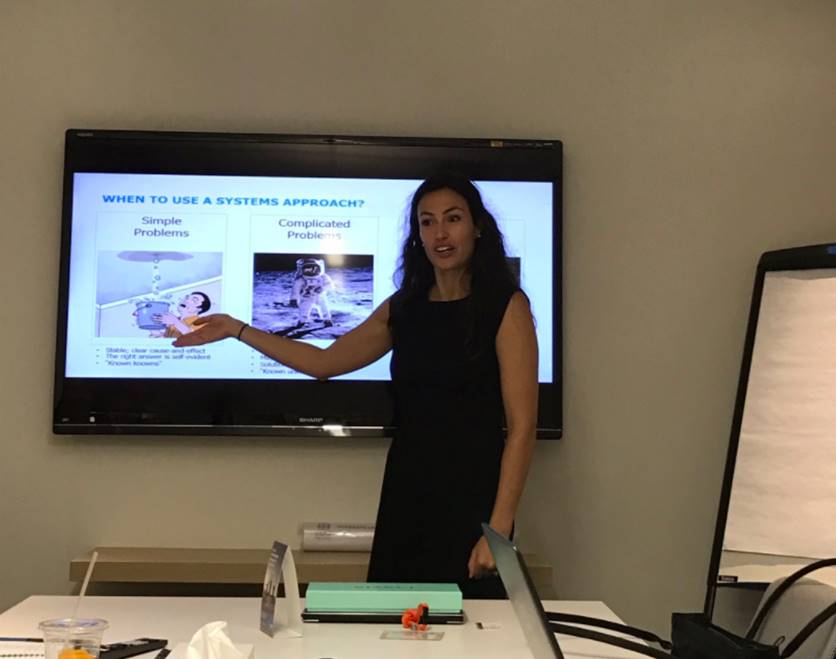Systems, Futures & Design Thinking: Sustainability Workshops in Hong Kong
Systems, Futures & Design Thinking: Shaping Tomorrow’s Sustainable Solutions
How will our businesses sustain 5, 10, 50 years from now, under the unprecedented pressures, unpredictable dynamics, and increasing stakeholder expectations?
In this complex world, do we understand the dynamic forces of the larger system we are operating in? What is our desired future? How might we adapt to achieve it in such a fast-changing environment?
The immense challenges we face today will only be overcome by activating strategy and solutions as dynamic as our challenges are.
To engage prominent Hong Kong businesses in conversation on the above, we invited leaders to a unique, interactive breakfast session to explore Systems, Futures and Design Thinking as innovative approaches to guide the private sector toward a future that wins big on both social and business returns simultaneously. This breakfast was the start to a series of discussions and working sessions.
Why these particular frameworks?
There are three main reasons we wanted to focus on these frameworks:
- COMPLEXITY. Business is facing unprecedented pressures and mounting expectations, and this trend will only continue to rise. These approaches help provide meaningful perspective to understand, strategize and navigate such complexity and “wicked” problems.
- COMMERCIALLY-MINDED. These frameworks focus on business risks, threats and opportunities. This involves sustainability issues, but helps elevate beyond more simplistic CSR / tree-hugging nice-to-do’s.
- THRIVE, NOT SURVIVE. The frameworks also help business set vision and strategy to not only survive, but thrive, as a sustainable organization within the larger system.
With this in mind, each framework could be boiled down to its essence in the following ways:
- Systems Change: Understanding the complex environments that our businesses operate in, and how everything is connected, broadening perspective to inform strategic interventions.
- Futures: Exploring scenarios to set a broad scene of the potential futures, risks and opportunities the business may face.
- Design Thinking: Prototyping how the business can lead and adapt in a fast-changing environment, preparing for these future scenarios.
What were the highlights?
We explored our current perspective and how these approaches could help us see the whole, not just the parts.
We so often think and operate like this…
When our reality looks more like this…
We covered theory and tools…
And discussed case studies that demonstrate how big brands and businesses are leveraging these approaches to achieve big returns economically, ecologically and socially.
And of course, we rolled up our sleeves and played to apply the frameworks.
Check out the video of our intro presentation to kick-off the workshop here:
What else made it unique?
We hosted our exploratory session at a rad local non-profit maker space, Makerbay. We were surrounded by creativity and DIY tools from 3D printers to laser cutter machines. Makerbay’s vision is to develop a sustainable and prosperous civilisation through social and environmental impact. They do this in Hong Kong by providing education, awareness and empowering makers with space, tools, community and services. The space was the perfect inspiration, and our hosts were incredibly gracious.




